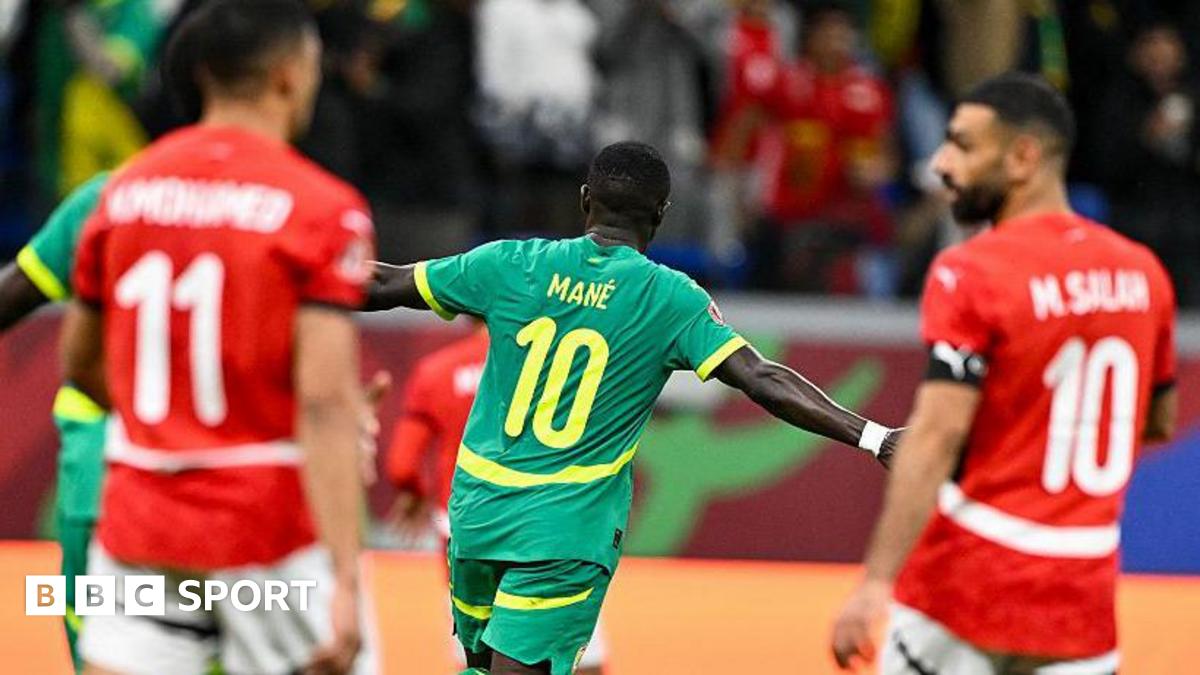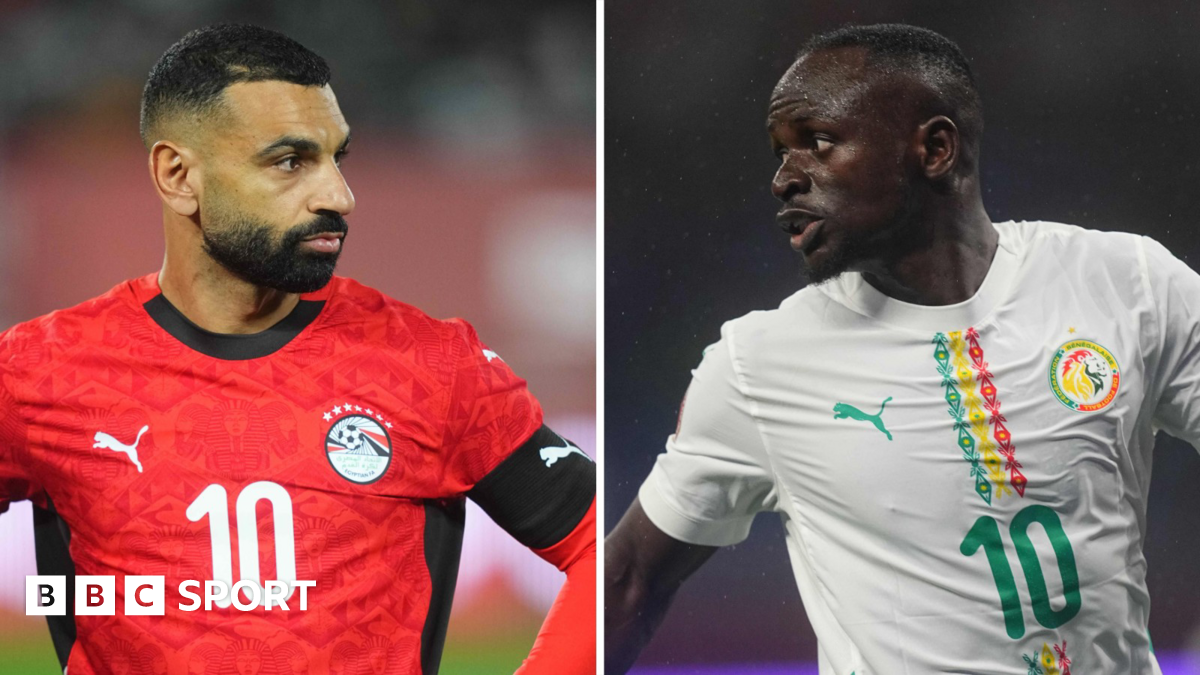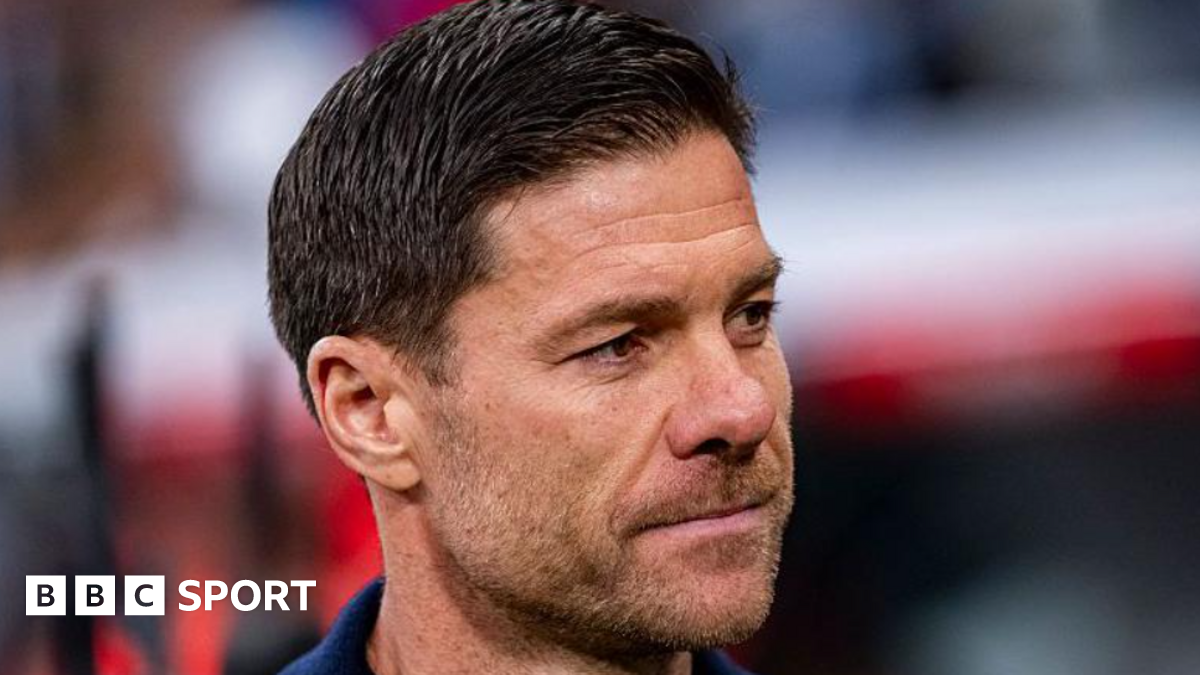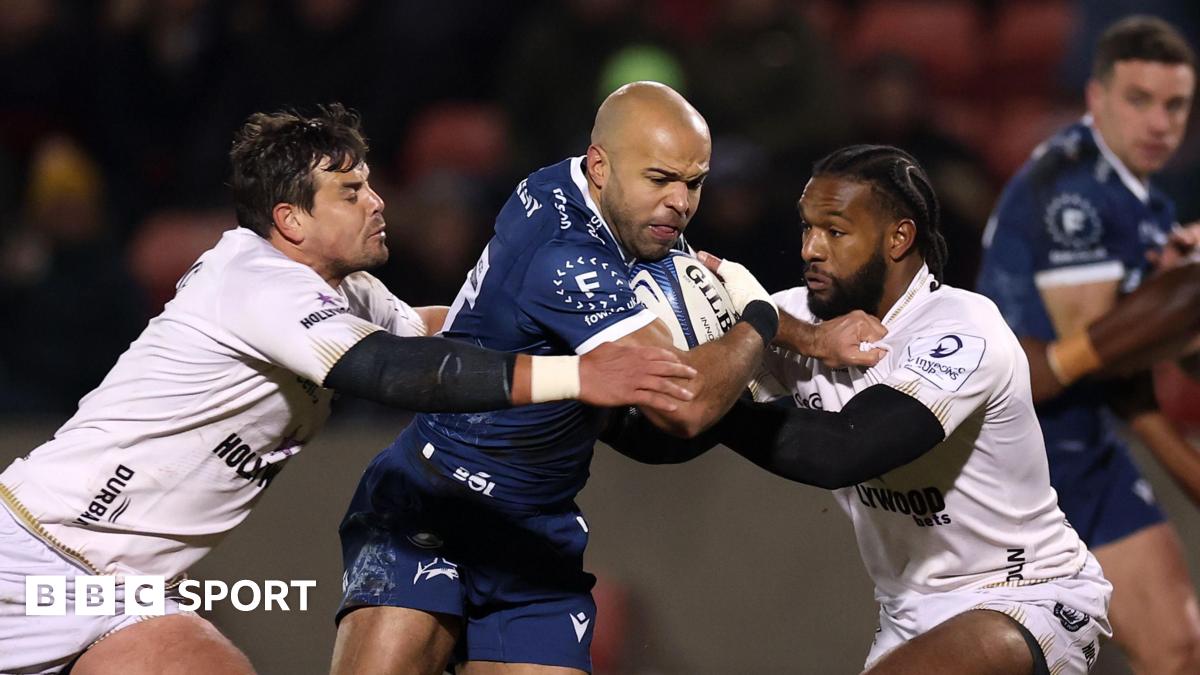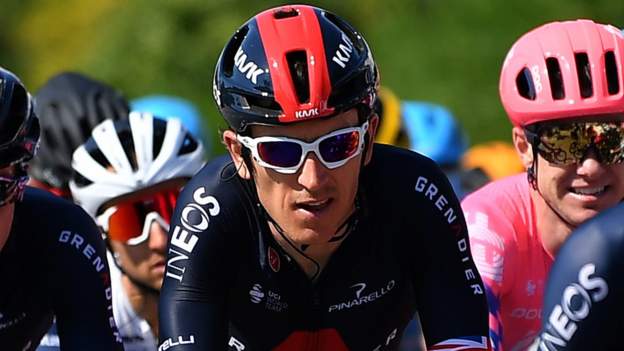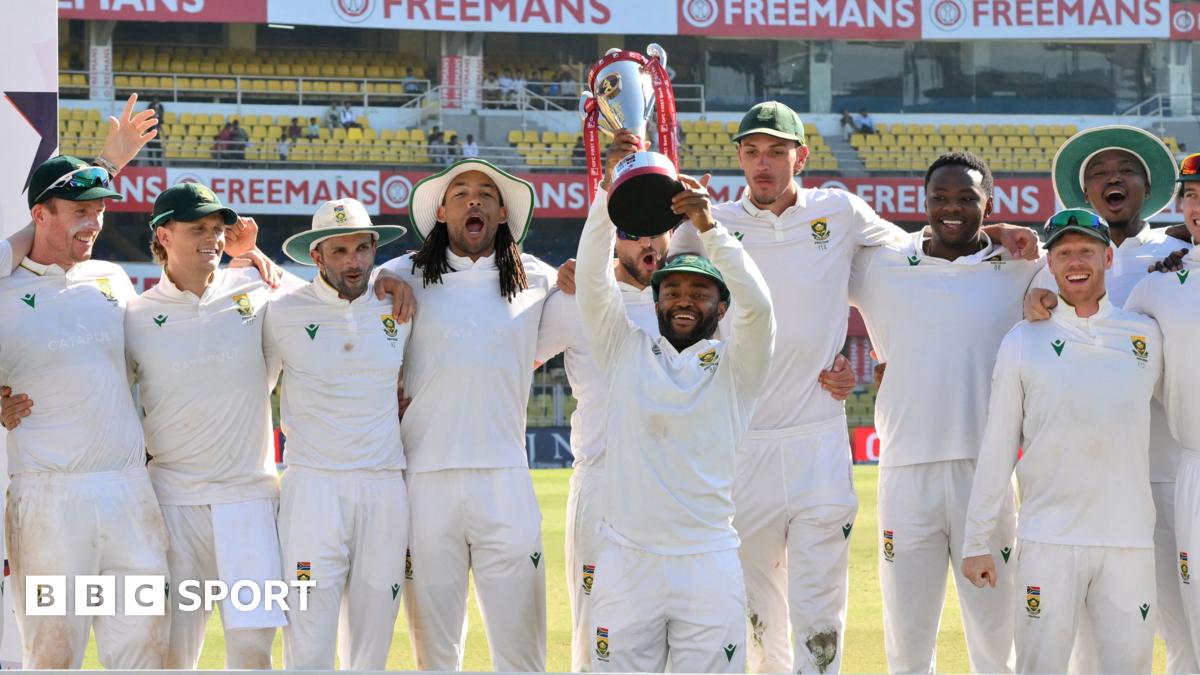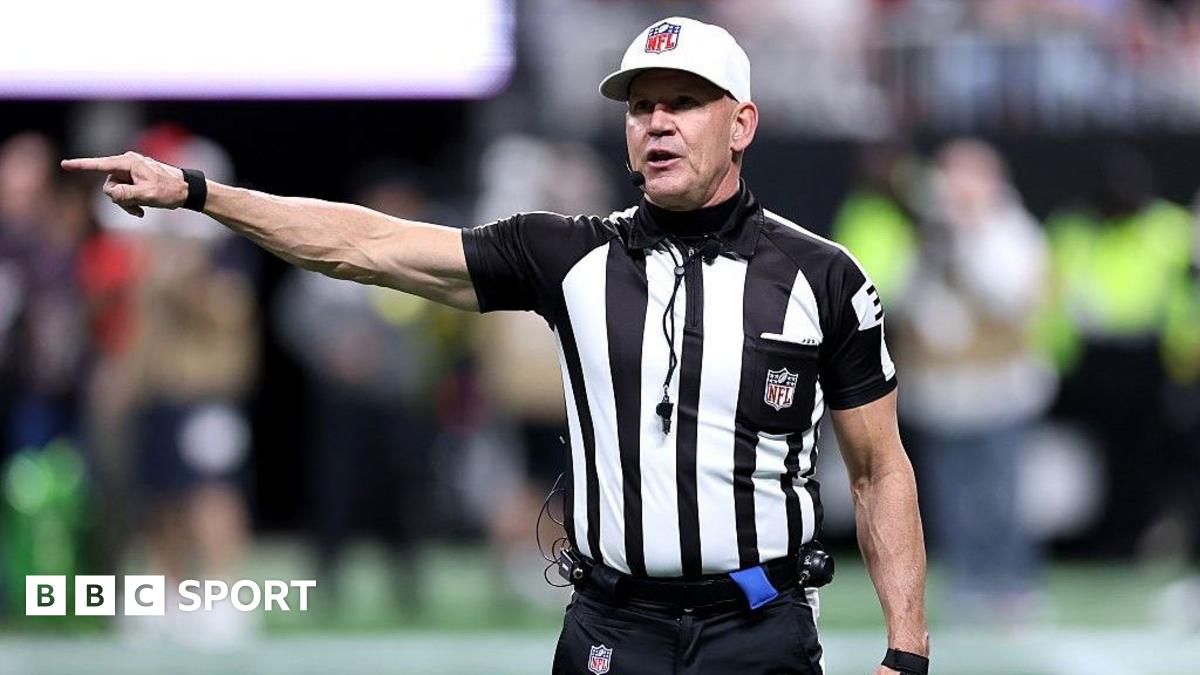Throughout July, BBC Scotland’s Sporting Nation series is reflecting on some of the greatest feats and personalities from Scottish sporting history. Here we look at David Wilkie, a world and Olympic champion considered by many to be Britain’s greatest ever swimmer.
“He changed the sport, changed the way it was looked at. To go to an Olympic Games and dominate the way he did is probably out of the question.”
Duncan Scott is one of the great Scottish and British medal hopes for next year’s rearranged Tokyo Olympics, but even he appreciates the chances of emulating the feats of the great David Wilkie are slim at best.
It’s a rare talent that goes to an Olympic Games and takes gold. Rarer still to obliterate the field and set a new world record in the process, as Wilkie did at the Montreal Games of 1976.
‘I will always be Scottish’
Having left Scotland aged 18 to take up a sports scholarship in the United States, after spending the first 11 years of his life growing up in Sri Lanka, many wondered just how much of a connection Wilkie could possibly feel to the land in which he became a teenager.
“I will always remain Scottish, no matter what happens, even though my accent changes, I still maintain I am Scottish,” Wilkie said in 1976, the year of his Montreal heroics. “I always will do, even though I have only lived half my life there.”
Those years between 11 and 18 were spent at Daniel Stewart’s College boarding school in Edinburgh where, swimming for the Warrender Club, Wilkie began his transformation from average swimmer to exceptional one.
In the early days, the youngster’s attitude to the sport hardly marked him out as a future superstar. A habit of missing training – particularly early morning sessions – saw Wilkie incur the wrath of coaches, but one of them, Frank Thomas, believed there was a hidden talent that was yet to reveal itself.
In 1969, Wilkie won the Scottish Junior title and the following year his breakthrough came with a bronze medal in the Commonwealth Games in Edinburgh. So rapid was Wilkie’s progress that in the year between those two events, he shaved 30 seconds off his personal best for the 200m breaststroke.
At the Munich Olympics of 1972, the 18-year-old announced himself as one of swimming’s emerging stars by winning silver in the 200m breaststroke. His performance caught the eye of talent scouts from the University of Miami, who offered him the chance to relocate to America where he could train as a full-time athlete while pursuing a degree.
The USA was the dominant force in men’s swimming, and being in that environment allowed Wilkie to train at that level and see the work that had to be put in to beat his American rivals.
And he started beating them all. In 1973, he won his first world title in spectacular style, breaking the 200m breaststroke world record in the process.
Dominating the field to win Olympic gold
His defence of the world title two years later, with the addition of the 100m breaststroke title, marked Wilkie out as one of the favourites going into the 1976 Olympics.
The Games would once again pitch him against his great rival, John Hencken.
“We don’t hate each other, but we regard each other as the main rivals in the breaststroke and it’s just we’ve not progressed beyond speaking two or three words to each other,” Wilkie said of the American.
When Wilkie won silver in Munich in 1972, it was Hencken who stood at the top of the podium with the gold medal. The pair battled it out for the major titles in the early to mid-1970s, and Montreal would be the scene of another epic chapter in their duel.
In a stunning 100m breaststroke final, Hencken took the gold ahead of Wilkie in second. Both men, along with Arvydas Juozaitis of the Soviet Union in third, swam times under the previous world record.
The USA were almost unbeatable in men’s swimming at the Montreal Games, winning gold in all but one of the 13 events. Only Wilkie disrupted the American clean sweep.
The Scot was a trailblazer in many respects. He was the first athlete to wear a swim cap at a major championships, and is thought to be the first to wear swim cap and goggles in competition.
His dipping breaststroke style was unique at the time, but has been widely imitated by generations of top swimmers since. The dominant nature of his 200m victory in Montreal saw to that.
Wilkie left Hencken and the rest trailing in his wake as he powered to victory, shaving over three seconds off the world record to become the first British man to win swimming gold for 68 years.
At the height of his fame and success, Wilkie bowed out. At the age of just 22, having accomplished everything he set out to do, he retired from swimming.
Over four decades since his finest hour, his legacy endures.
“He’s got that immortality of being an Olympic champion,” says Scott. “His name gets mentioned a lot, especially among the breaststrokers who talk about just how much further ahead of the rest he was.
“Olympic gold is the pinnacle of our sport and he went out and achieved it.”


